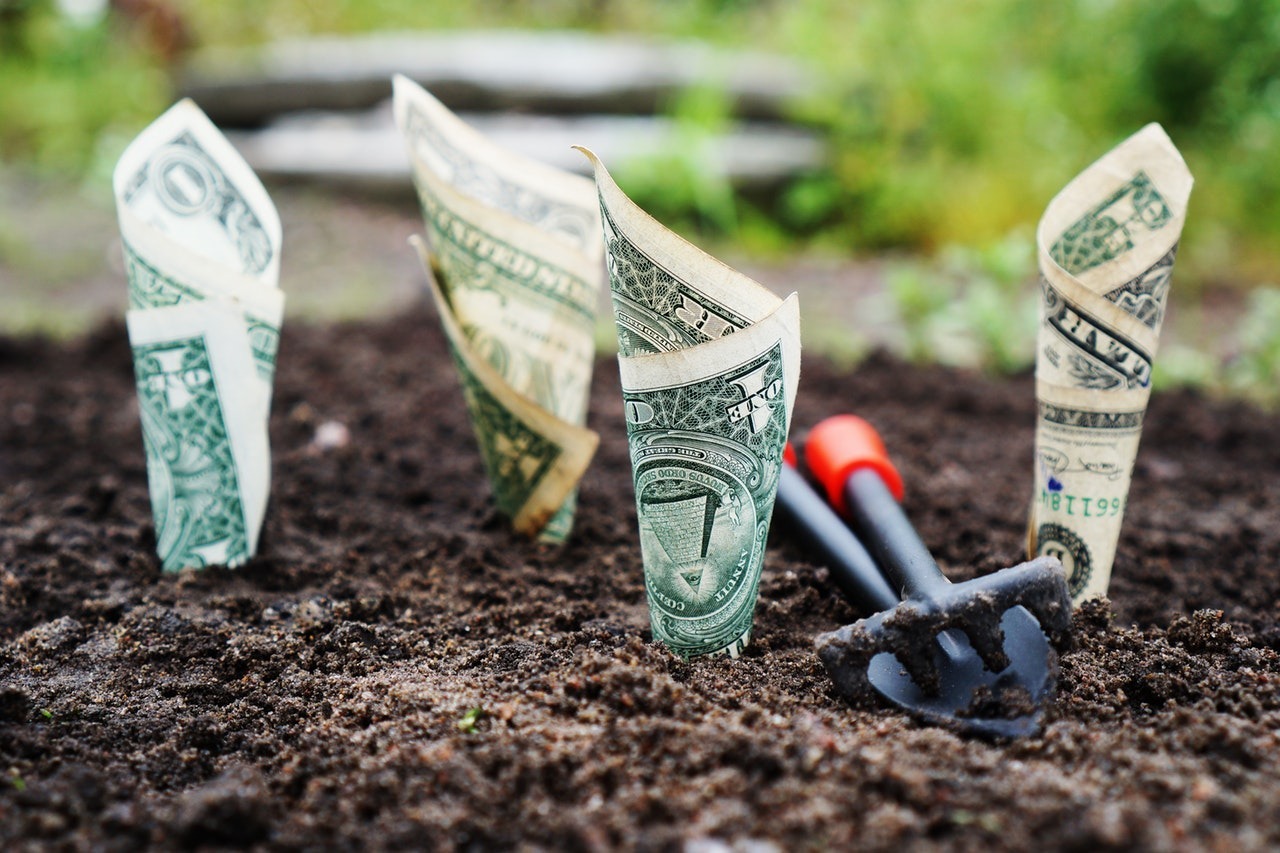Money can’t buy happiness. So the saying goes.
Fulfilment comes from doing what feels meaningful. Not a healthy bank balance or the shiny new things money buys.
I know that. I help people realign work they love with the life they want to lead because I passionately believe that’s what matters most.
But I’ve had money and not had money. What I know without doubt is this. Having money neutralises a lot of stressors. You don’t give happiness much thought until you have enough. Ask anyone who doesn’t have what they need.
You’ll know who they are. They’re losing sleep, stressed, anxious and arguing with their other half! And for many of them, high stress is the only stable thing around their finances.
So, I looked at the psychology research and concluded that saying is wrong.
Research actually shows a positive correlation with happiness and money. Generally, the happiest countries are the wealthiest. For individuals, admittedly the effect size goes down as the money goes up. In other words, after a certain level of income, having more money makes less and less difference to our happiness. But that still means money does buy happiness – until we have what we need. Only after we achieve financial security is it true that more money can’t on it’s own, make us more happy.
I see this in my leadership coaching too. While I work with people who are often successful but not entirely happy (why we’re in conversation), I coach others who are trying to juggle competing priorities of starting a business from scratch while keeping their income stable doing a day job until the side-hustle matures. An agile approach that helps many passion projects become profitable but comes with the watch-out that it could become an open loop if there isn’t progress.
So here’s another saying. Money makes the world go round.
What’s the option when we feel trapped doing work we loathe to pay bills or dealing with debts before purposeful career redesign gets a look-in? Do we wait, hoping for change to become more convenient?
As I get to know my coaching clients, the commonality I see often is around feeling stuck the wrong side of a transition needed to thrive. One where money would often unlock the freedom to move forwards (if not literally buy) happiness.
So for me, the sayings need a rethink. And our collective money mindset needs a reframe. Because money can buy happiness. It’s called financial empowerment. And knowing that doesn’t make us bad people.
Question: What stories are you telling yourself about money or success?
Are people who have lots of money bad and greedy. Are successful sorts selfish or ruthless – or other things you don’t want to be?
Be honest. Your answer is an important clue to what guides your monetary choices. Where is that mindset coming from?
Rewind the narrative until you understand. It’s usually links to some point in your past that you didn’t realise has shaped your money motivations ever after, and is reflected in how sorted you are (or are not) financially. Spotting how the rewind maps on to your reality will usually help you see what isn’t working for you.
Then you can say no to living by that old narrative and yes to being conscious about your money choices. When you know that money can buy (some) happiness. When it is freedom from expenses or a debt-trap that’s caging you in a career you don’t want.
Having clarity about how much money you need means you can afford to make the aligned career transformation you want – despite it paying less at first.
Sometimes there is a money conversation that needs to be had so that:
- your boss increases your pay to show how valued you are for your work.
- you can fund life after a divorce with clarity and confidence or…
- you move towards a big career or business dream feeling safe and excited. Instead of putting redundancy money in the bank then dying a bit every day as you seek work you hate.
Because having money = freedom to align what you do with who you are.
3 Steps to Your Great Escape
Now we’re shifting how we think about money, it’s time to get a very real grip of the finances and turn things around.
Here are the 3 steps to getting in control of your expenses:
- Be honest with yourself about how much you owe
Gather the statements so you can see what’s going on. Mortgage or tax arrears get tackled first because the consequences of defaulting are severe. Ignoring the problem doesn’t mean it goes away.
2. Then it’s time to decide on your strategy for credit cards.
There are two main approaches. Some people prefer to prioritise the card with the highest interest rate while others start with the smallest debt and pay it off as fast as possible, making only minimum payments on other cards. This gives them a quick win – and hope there will be an end in sight!
3. Commit to your goal!
Add date of your Great Escape to the calendar!
This is the day your debts are paid down or you’ve accrued a ‘safety cushion’ to pay the bills so you can feel safe about making a career pivot or spending more days on your side-hustle despite it paying less short-term.
Check in with yourself each month to see how you’re getting on. And keep looking for ways to divert more of your income to paying down debt or getting in front of known expenses to accelerate your progress.
So how do you get to something this straightforward when it has you feeling trapped? A skilled leadership coach can be invaluable asking you challenging questions designed to stimulate your thinking and give space and structure to define your escape strategy.
But you may not feel it’s the right time to invest in yourself. Of course I’d challenge that perspective if you are ready to kickstart meaningful change!






